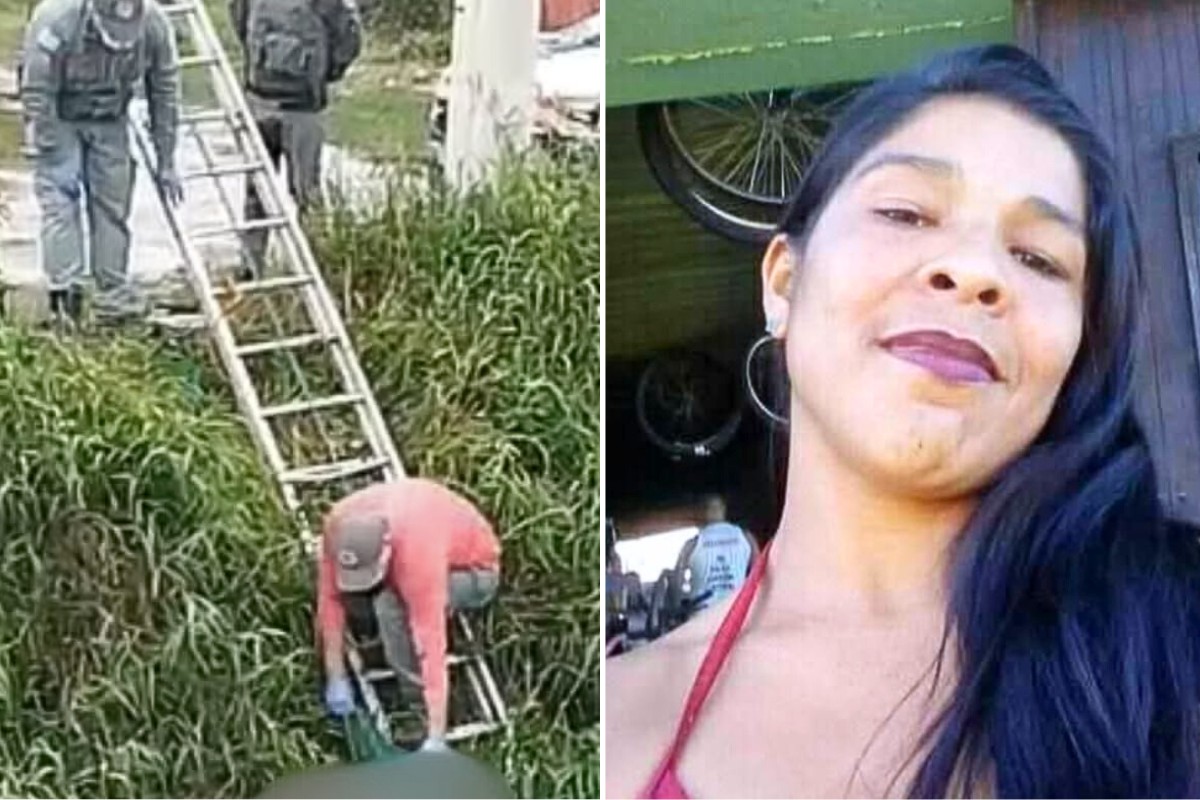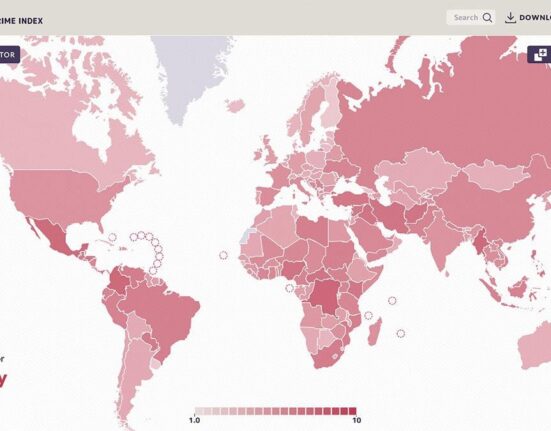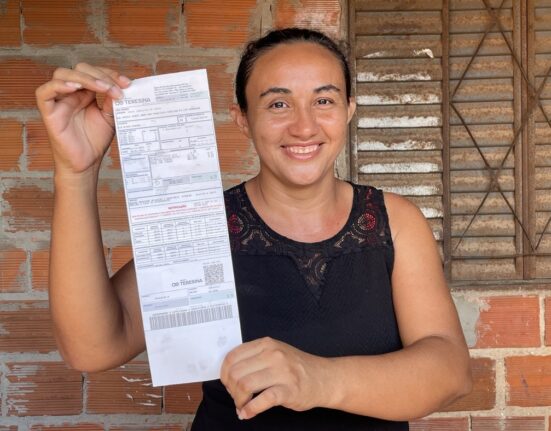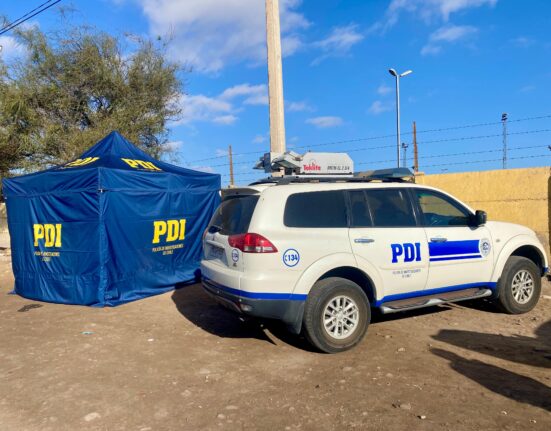Flávia Trigo da Costa, a 38-year-old mother of seven, was tragically found dead in a ditch in Iguape, a coastal town in São Paulo. The heartbreaking discovery unveiled a brutal reality – she had allegedly been beaten and dumped there for scavenging cans, as claimed by her relatives. Amidst this horror, a memory card found with Flávia holds potential clues, awaiting forensic analysis. The local police have launched an investigation into this gut-wrenching case, but as of now, no arrests have been made.
The grim scene unfolded on a Thursday morning on Maria Alício Soares Street in the Rocio neighborhood, where Flávia’s lifeless body was located. Her mother, frantic over her daughter’s disappearance, alerted the authorities, leading to this chilling revelation. In a poignant interview with TV Tribuna, a Globo affiliate, Flávia’s aunt, Silvana Aparecida Avelar Pontes, revealed the harrowing details – her niece had been viciously assaulted before being callously disposed of in the ditch. The motive, as per the family, stemmed from Flávia’s alleged struggles with drug addiction and petty theft of cans.
“They shouldn’t have done this to her, she has a family. They killed her and threw her in a ditch because of garbage, a can. This is outrageous. How can someone do such a thing? Kill a person over trash,”
lamented Silvana, grappling with the cruelty of the act. Meanwhile, Flávia’s brother, Wellington da Costa, acknowledged her drug dependency but emphasized her inherent goodness.
“She never mistreated anyone, never hit anyone. Just because of a few cans, they went there, fought, and the next day, she was found dead,”
he sorrowfully recounted.
The sequence of events led the police to Flávia’s residence on Registro Street, where the grim reality awaited them. Following leads, her body was discovered in the ditch, prompting her burial at São Paulo Cemetery in the Rocio neighborhood the next day. The authorities have ordered forensic examinations at the Legal Medical Institute (IML) to shed light on this cruel incident. The case has been officially classified as a homicide at the city’s 1st Police District, with investigations ongoing to ascertain the perpetrator and motive behind this heinous crime.
This heartbreaking episode serves as a stark reminder of the pervasive issue of violence against women, particularly in cases like this, where the victim’s vulnerabilities were exploited and her life violently cut short. The intersection of drug addiction, poverty, and societal indifference underscores the urgent need for comprehensive support systems and awareness campaigns to prevent such tragedies from recurring. As communities grapple with the aftermath of this senseless act, it prompts reflection on the fragility of human life and the imperative to foster empathy and solidarity in the face of adversity.
In the wake of this tragedy, as Flávia’s loved ones mourn her untimely demise, the broader community is left questioning the depths of human depravity and the urgent need for societal introspection. Beyond merely seeking justice in this specific case, it beckons a collective reckoning with the underlying issues that breed such callousness and disregard for human dignity. May Flávia’s memory serve as a poignant reminder of the human cost of indifference and the imperative to stand against all forms of violence, ensuring that her legacy sparks meaningful change in our society.









Leave feedback about this